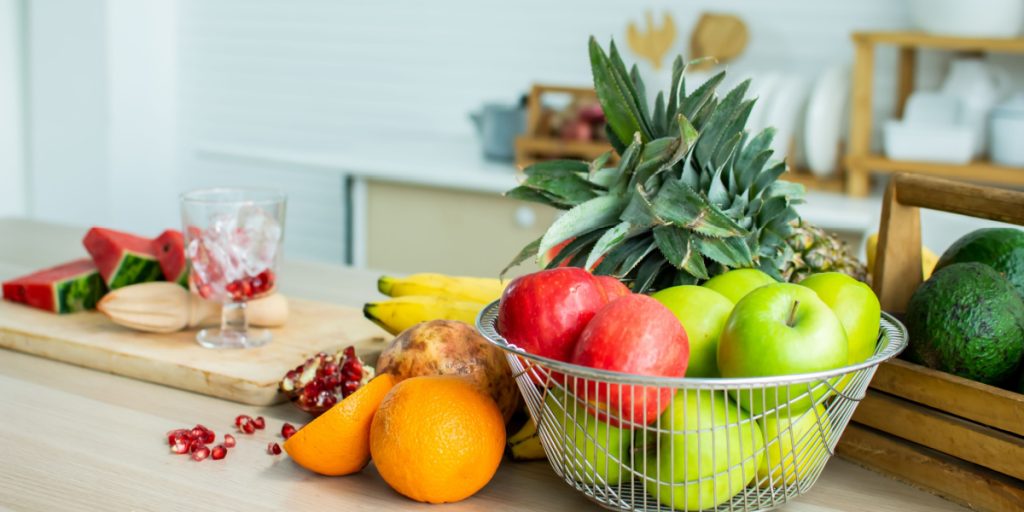Follow Thanh Truong and Anna Matilda’s sustainable tips to keep your fruits and veggies fresher, tastier, and out of the bin.
Others are reading now
In an era where food waste significantly impacts our environment, learning how to properly store fresh produce is more crucial than ever.
Thanh Truong, a produce aficionado, along with Anna Matilda, a permaculture and zero-waste educator, share their wisdom on keeping fruits and vegetables fresh, reducing waste, and, ultimately, saving money.
Rethinking the Fruit Bowl
The traditional fruit bowl, while visually appealing, might not be the best storage method for your produce.
“Fruit bowls are out. They’re a relic of the past and they’re doing you an injustice,” Truong states.
Also read
The issue lies in the bowl’s design, which often traps ethylene gas—a natural ripening agent produced by fruits. This accelerates the ripening (and spoiling) process of everything in the vicinity.
Truong suggests adopting flat fruit plates instead, placed at strategic distances to ensure proper airflow and slow down the ripening process.
Strategic Refrigeration
Knowing which fruits and vegetables thrive in cooler temperatures and which ones don’t is key to prolonging their shelf life.
Climacteric fruits, such as bananas, avocados, and tomatoes, can be left out to ripen and then refrigerated to keep them fresh longer.
Non-climacteric fruits, such as grapes and strawberries, should go straight into the fridge. However, apples are an exception; they benefit from refrigeration to maintain their crisp texture.
Combating Dehydration
The refrigerator, while preserving your produce, can also dehydrate it.
Truong recommends wrapping refrigerated fruits and vegetables in plastic bags or containers to retain moisture.
Yet, he advises letting some vegetables, like leafy greens and broccoli, breathe to prevent the accumulation of too much carbon dioxide, which can alter their taste. A simple solution is to poke a small hole in the bag or cover them with a damp cloth.
Embracing Imperfect Produce
Matilda encourages shoppers to seek out “final sale” or “wonky” produce, which is often just as nutritious and flavorful as its picture-perfect counterparts but at a fraction of the cost. This not only benefits your wallet but also helps reduce food waste.
‘Scraptastic’ Cooking
Both experts champion a “use it all” approach to cooking, suggesting innovative ways to repurpose food scraps into nutritious meals and condiments.
From making stock out of vegetable peels to creating fruit leathers from overripe fruits, there’s no limit to the creativity in minimizing waste.


